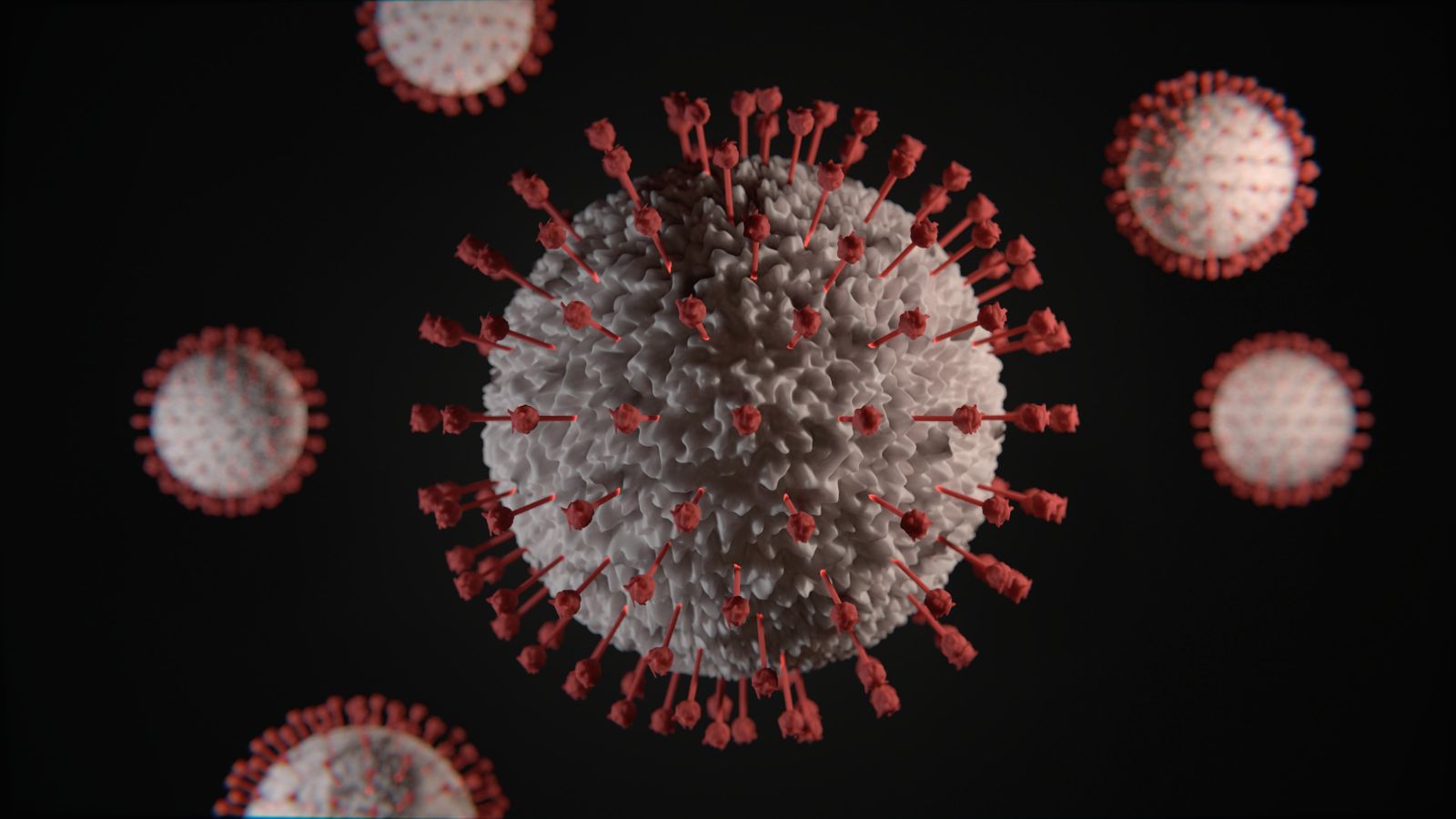We all know that a healthy vagina is naturally moist. It's entirely normal for the vagina to feel wet at times due to various factors. So, why does it happen, and what's the fluid responsible for it? Let's straightforwardly explore this, ladies!
Shop with Me
Why Does a Vagina Get Wet?
Vaginal wetness is primarily attributed to two sources: the Bartholin's glands and the cervix. Bartholin's glands, located within the vagina, play a crucial role in maintaining moisture and preventing dryness. They also come into play when a woman is aroused or during sexual activities, leading to increased wetness.
On the other hand, the cervix produces mucus throughout the menstrual cycle, with higher production around ovulation. This mucus assists sperm in reaching the egg, enhancing the chances of pregnancy. Here's a breakdown of what can lead to a wet vagina:
-
Daily Vaginal Fluids: Daily women typically produce 1-4 ml of vaginal fluid, contributing to the vagina's natural moisture. This fluid originates from the Bartholin's glands and the cervix. The quantity of fluid may fluctuate from day to day, increasing as ovulation approaches.
-
Sexual Arousal: When sexually aroused, the vagina releases fluid to reduce friction during intercourse. This lubrication primarily comes from the Bartholin's glands and is an essential part of a comfortable and pleasurable sexual experience.
 Sexual arousal will make the vagina wet
Sexual arousal will make the vagina wet -
Hormonal Changes: Hormonal fluctuations are normal in women. Elevated levels of estrogen trigger the Bartholin's glands to produce more fluid, resulting in increased vaginal moisture. Hormone replacement therapy can also lead to a wetter vagina.
-
Infection: Unusual or excessive vaginal discharge can be a sign of infection. Fungal infections, for example, may cause thicker, white discharge accompanied by itching, burning, dryness, and discomfort during sex. Bacterial vaginosis (BV) and trichomoniasis are other infections that can alter vaginal discharge, causing odor, itching, or burning.
 Be careful if there is excessive vaginal discharge, there may be an infection
Be careful if there is excessive vaginal discharge, there may be an infection
Understanding Vaginal Fluid
Vaginal discharge often goes unnoticed until we check in the bathroom. Now that we've covered the causes of a wet vagina let's delve into what makes up this fluid:
- Water: Vaginal fluid is approximately 90% water.
- Salt: It contains about 1% salt, including sodium chloride, calcium, and phosphate.
- Organic compounds: Amino acids, lipids, and glycogen.
- Shedding of old cells from the vagina, uterus, and cervix.
- Antibodies: These help reduce the risk of infections.
A moist vagina is entirely normal and a sign of good health, ladies. The fluid it produces serves to lubricate during sex, preventing discomfort. It also signifies fertility. If you have any concerns about vaginal wetness, don't hesitate to consult a healthcare professional, and you can even take advantage of online consultations through services like Newfemme.




